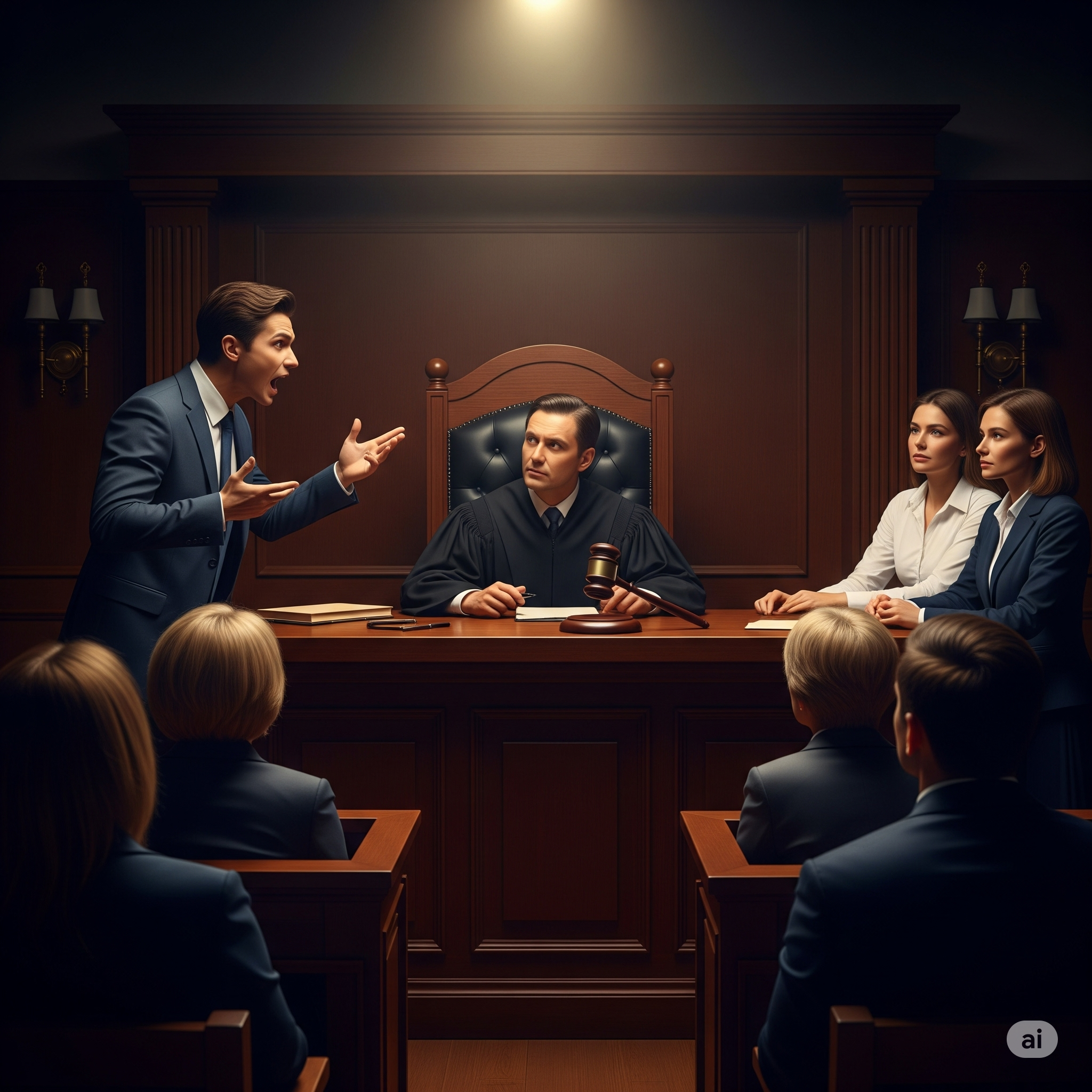A 'fake trial': Sean 'Diddy' Combs' lawyers make explosive claims
The rapper's lawyers argued that the trial was a sham, accusing the prosecution of orchestrating a “fake trial” against Sean 'Diddy' Combs.

“A 'Fake Trial'”: Sean 'Diddy' Combs' Lawyers Accuse Prosecution in Final Arguments
In the closing arguments of Sean “Diddy” Combs’s high-profile trial, the defense made a forceful claim that the proceedings amounted to a “fake trial.” With jurors listening closely, Combs’s lead attorneys sought to undermine the prosecution’s narrative and cast doubt on the evidence presented.
Dramatic Final Appeal
During their last address to the jury, Combs’s lawyers argued that prosecutors had overstepped legal bounds and manufactured a case based on sensational allegations rather than solid proof. They insisted that witnesses had been coached to deliver testimony that fit a predetermined storyline.
Defense Strategy and Key Claims
- Portraying Participants as Willing
- The defense depicted the women involved as consenting adults rather than victims of a racketeering or trafficking scheme.
- They emphasized personal responsibility and mutual agreement, challenging assertions of coercion.
- Reducing the Case to Financial Disputes
- Marc Agnifilo, co-lead counsel, argued that the conflict centered on money, not crime.
- He stated that any disputes arose from financial disagreements, not criminal intent.
- Dismissing Rape and Trafficking Charges
- Combs’s team claimed there was no credible evidence linking him to sex trafficking or forced acts.
- They sought to remove allegations of rape from the jury’s consideration by questioning witness credibility.
- Reframing Personal Relationships
- The attorneys described Combs’s relationship with singer Cassie Ventura as a consensual, modern love story.
- They used anecdotes of his personal life to humanize him in the eyes of the jury.
Prosecution’s Allegations
Prosecutors maintained that Combs and his inner circle had committed hundreds of racketeering acts by using violence, power, and fear to exploit women. They pointed to videos, voice notes, and financial records as evidence of a systematic trafficking operation.
- Claims of coerced encounters captured on recordings
- Testimony describing threats and intimidation tactics
- Paper trails linking funds to alleged illicit activities
Legal and Public Impact
The defense’s “fake trial” accusation adds another layer of controversy to an already sensational case. It raises questions about:
- The standards for admitting witness testimony under racketeering statutes
- The balance between sensational media coverage and courtroom fairness
- The role of strategic defense tactics in high-stakes celebrity trials
Why This Case Matters
The outcome will influence how future cases involving powerful public figures are prosecuted and defended. Key takeaways include:
- The importance of clear evidence in racketeering and trafficking charges
- The potential for high-profile trials to impact public perception of justice
- The need for safeguards against witness coaching and prosecutorial overreach
How to Stay Updated
- Follow major news networks for live trial coverage and expert analysis.
- Read legal commentary on court documents and filings.
- Monitor official court transcripts for verbatim arguments.
- Engage on social media using hashtags like #DiddyTrial and #FakeTrial.
Conclusion
By branding the proceedings as a “fake trial,” Sean “Diddy” Combs’s defense has challenged the core of the prosecution’s case. As the jury begins deliberations, both sides await a verdict that could redefine accountability for celebrity conduct and prosecutorial strategy in complex criminal trials.
